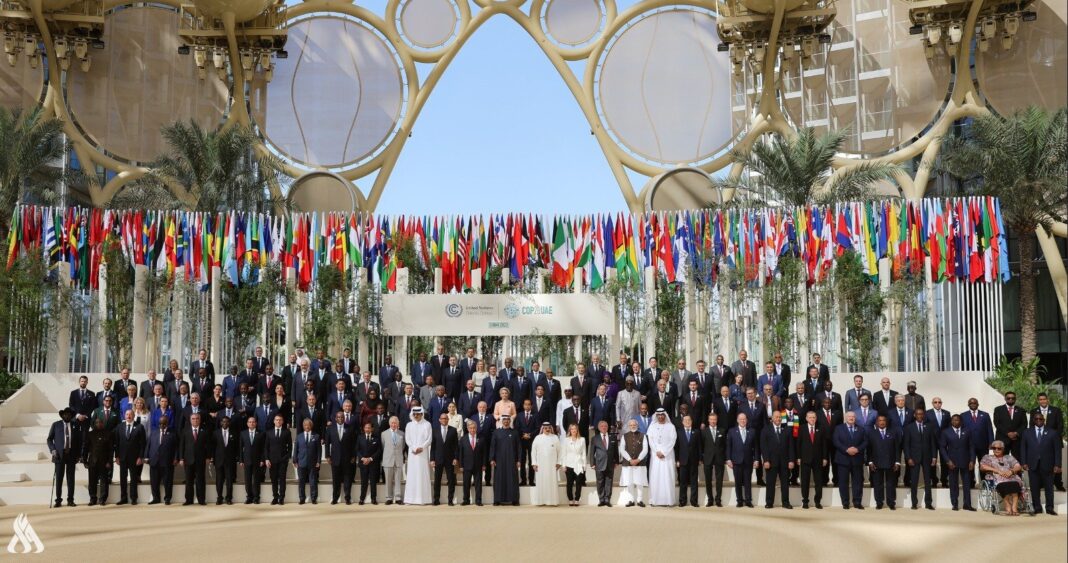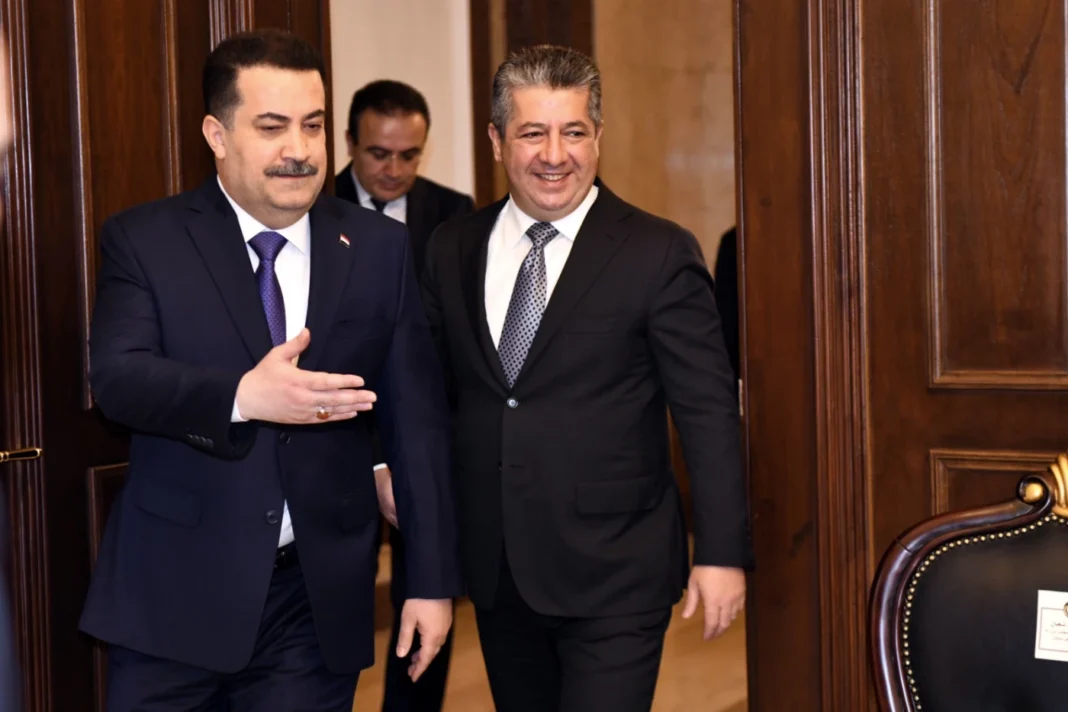Iraq leads climate adaptation efforts as the world prepares for the 2025 United Nations Climate Change Conference (COP30) in Brazil. The focus this year will shift from mitigation to adaptation because climate change is already impacting many countries, explained Andre Correa do Lago, president designate of COP30.
Currently, Iraq chairs the Group of 77, which represents 134 developing nations at the United Nations. Iraq is working hard to align these countries on a common position before the conference. Correa do Lago stressed that if developing countries unite, it will be tough for others to oppose them. Together, they represent over two-thirds of the global population.
Furthermore, Correa do Lago pointed out that transitioning away from fossil fuels will take a long time. Each nation must find a path that protects its economy and people’s livelihoods. This idea resonates strongly with Iraq’s situation, as the country faces severe climate challenges.
A 2022 United Nations report ranks Iraq as the fifth-most vulnerable country to climate breakdown. Moreover, it faces rising temperatures, declining rainfall, intense droughts, water shortages, sand and dust storms, and floods. These issues threaten Iraq’s environment and people alike.
Meanwhile, at the recent UN General Assembly, Iraqi President Abdul Latif Rashid addressed these pressing problems. He warned that reduced water flow threatens Iraq’s economy, environment, biodiversity, cultural heritage, and demographic balance. Rashid urged the international community to support fair and cooperative agreements. Such agreements should prevent harm, guarantee fairness, and promote regional and global stability..
President Rashid also highlighted Iraq’s commitment to ending its dependence on oil. He outlined plans focusing on renewable energy, water management, emission reduction, and reforestation. These initiatives aim to tackle climate change head-on.
Abdulbaqi Khalaf, energy advisor to Iraq’s Ministry of Oil, identified three key pillars in Iraq’s carbon reduction roadmap. These include cutting flared gas, utilizing natural gas, reducing methane emissions, and electrifying oil production operations. These measures will help Iraq reduce its carbon footprint effectively.
Recently, Iraq began investing heavily in renewable energy. Last week, the country inaugurated the first phase of a large solar power plant in Karbala province. Once fully completed, this plant will produce 1,000 megawatts of clean energy. Future phases will generate even more electricity. This green power could support Baghdad’s plan to electrify oil production and reduce fossil fuel dependence.
In summary, Iraq leads climate adaptation efforts by uniting developing countries, advancing renewable energy, and promoting sustainable policies. As COP30 approaches, Iraq’s leadership role gains global significance.



